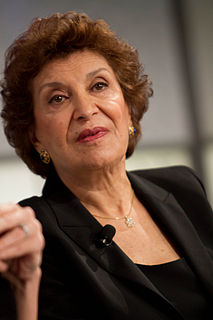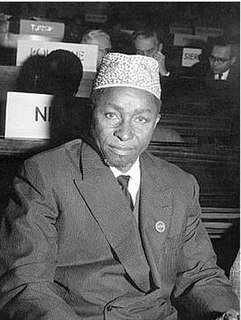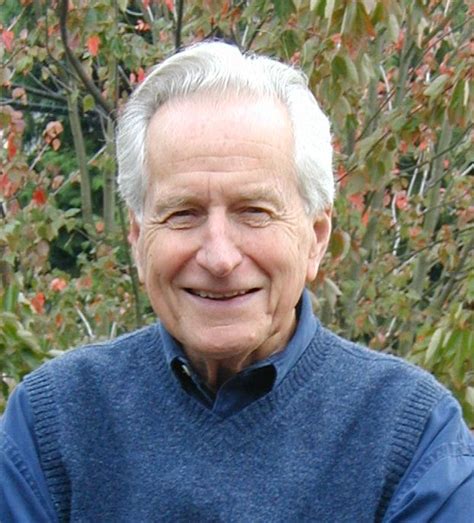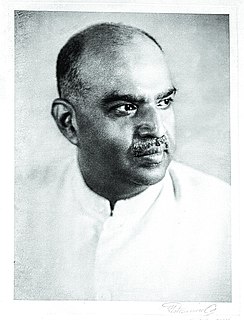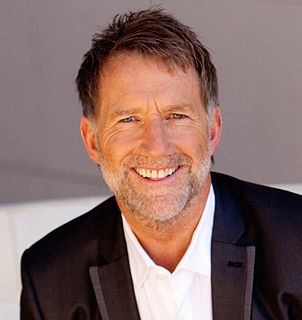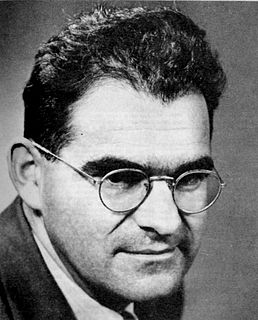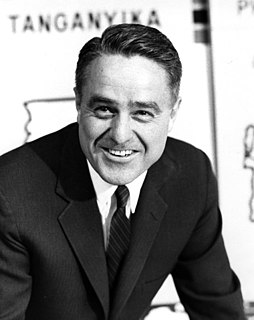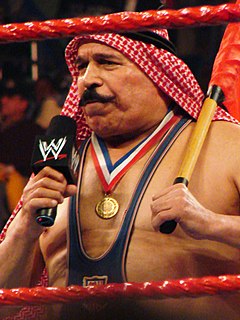A Quote by Mahnaz Afkhami
The end of the Cold War removed the immediate causes of whole destruction but not the threat contained in our knowledge. We must tame this knowledge with the ideals of justice, caring, and compassion summoned from our common human spiritual and moral heritage, if we are to live in peace and serenity in the twenty-first century.
Related Quotes
Surely knowledge of the natural world, knowledge of the human condition, knowledge of the nature and dynamics of society, knowledge of the past so that one may use it in experiencing the present and aspiring to the future--all of these, it would seem reasonable to suppose, are essential to an educated man. To these must be added another--knowledge of the products of our artistic heritage that mark the history of our esthetic wonder and delight.
Immediate knowledge tells us only that God is, not what he is. But if God is not an empty Being beyond the stars, he must be present in the communion of human spirits, and, in his relation to these, he is the One Spirit who pervades reality and thought. Hence there can be no final separation between our immediate consciousness of him and our mediated knowledge of reality.
The true bounds and limitations, whereby human knowledge is confined and circumscribed,... are three: the first, that we do not so place our felicity in knowledge, as we forget our mortality: the second, that we make application of our knowledge, to give ourselves repose and contentment, and not distates or repining: the third, that we do not presume by the contemplation of Nature to attain to the mysteries of God.
The most controversial issues of the twenty-first century will pertain to the ends and means of modifying human behavior and who shall determine them. The first educational question will not be 'what knowledge is of the most worth?' but 'what kinds of human beings do we wish to produce?' The possibilities virtually defy our imagination.
What we deplore is not that the gate of western knowledge was thrown open to Indians, but that such knowledge was imported to India at the sacrifice of our own cultural heritage. What was needed was a proper synthesis between the two systems and not neglect, far less destruction, of the Indian base.
God doesn't help. I think that's a knockdown argument. I think that it really shows that whatever moral knowledge we have and whatever moral progress we make in our knowledge or whatever progress we make in our moral knowledge is not coming really from religion. It's coming from the very hard work really of moral philosophy, of trying to ground our moral reasonings.
Cannot swords be turned to plowshares? Can we and all nations not live in peace? In our obsession with antagonisms of the moment, we often forget how much unites all the members of humanity. Perhaps we need some outside, universal threat to make us recognize this common bond. I occasionally think how quickly our differences worldwide would vanish if we were facing an alien threat from outside this world. And yet, I ask you, is not an alien force already among us? What could be more alien to the universal aspirations of our peoples than war and the threat of war?
It is my belief that whereas the twentieth century has been a century of war and untold suffering, the twenty-first century should be one of peace and dialogue. As the continued advances in information technology make our world a truly global village, I believe there will come a time when war and armed conflict will be considered an outdated and obsolete method of settling differences among nations and communities.
The cure is care. Caring for others is the practice of peace. Caring becomes as important as curing. Caring produces the cure, not the reverse. Caring about nuclear war and its victims is the beginning of a cure for our obsession with war. Peace does not comes through strength. Quite the opposite: Strength comes through peace. The practices of peace strengthen us for every vicissitude. . . . The task is immense!
